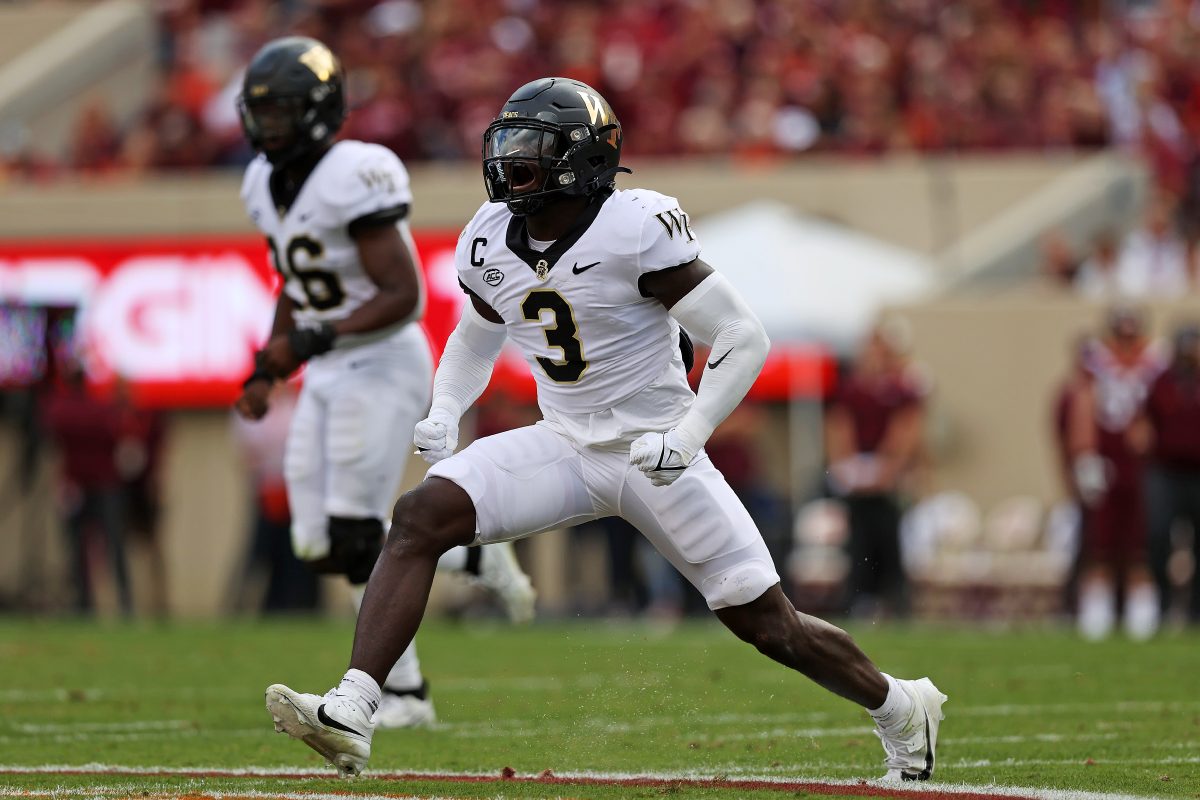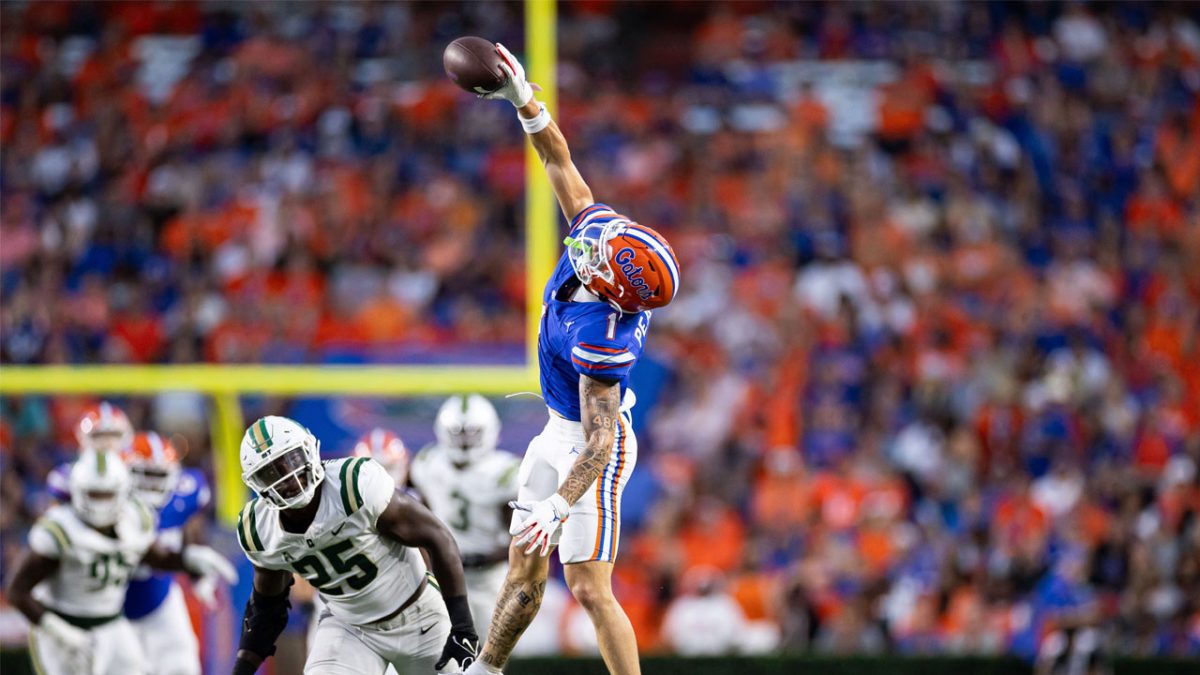
The 49ers paid Colin Kaepernick more than $43 million during his six-year career.
Presumably, the NFL is giving him one final large sum of money to not play football.
The NFL’s settlement with Kaepernick and former 49ers safety Eric Reid prevents the collusion grievances and the gathered evidence from ever being heard. How much was that worth to the NFL? Terms of the resolution announced Friday contain a confidentiality agreement, so we’ll likely never know.
Stay in the game with the latest updates on your beloved Bay Area and California sports teams! Sign up here for our All Access Daily newsletter.
Kaepernick originally sat on the team bench during the playing of the national anthem during the summer of 2016 as a protest against racial inequality and oppression against minorities, he said. After consulting with former Green Beret Nate Boyer, he and Reid decided to kneel. The protest immediately became one of the nation's biggest storylines -- and not just in sports, either. Many players on other teams joined the movement, which gained more momentum and attention a full year later when President Donald Trump addressed the issue during a political rally in Alabama.
“Wouldn’t you love to see one of these NFL owners, when somebody disrespects our flag, to say, ‘Get that son of a bitch off the field right now. Out! He’s fired. He’s fired!’ ” Trump said.
Although Reid was just as outspoken every step of the way, his football career resumed. He played in 2017, the final year of his contract, with the 49ers. And after a slow free-agent market last year, Reid signed a one-year deal with the Carolina Panthers in late September.
Reid’s play in the final 13 games of the season prompted the Panthers to sign him last week to a three-year contract extension worth more than $21 million.
San Francisco 49ers
Kaepernick’s football days came to a halt in what should have been the prime of his career.
Kaepernick, now 31, has not found employment since completing 17 of 22 passes for 215 yards and a 122.3 rating in a 25-23 loss to the Seattle Seahawks at Levi’s Stadium on Jan. 1, 2017.
He opted out of his contract, which was scheduled to pay him $14.9 million in salary and bonuses, in March 2017. General manager John Lynch and coach Kyle Shanahan, who had been hired just a month earlier, already had met with Kaepernick and told him that if he did not opt out, he would be released.
The 49ers never seriously considered having Kaepernick on the team in 2017 because he was not considered a fit for the team’s offensive system, Shanahan said.
Instead, the 49ers signed quarterbacks Brian Hoyer and Matt Barkley on the first day of free agency. They also drafted C.J. Beathard and signed undrafted rookie Nick Mullens. The 49ers later added Jimmy Garoppolo in a trade with the New England Patriots in the middle of that first season without Kaepernick.
Based on his production alone, Kaepernick should have signed with some team. He ranks tied for No. 2 all-time with Tom Brady and behind Aaron Rodgers in interception percentage at 1.8.
Kaepernick’s career consisted of 58 starts in the 71 games since he took over for Alex Smith during the 2012 season. In Kaepernick’s first season as the starter, the 49ers advanced to the Super Bowl, as he posted a 98.3 passer rating in seven starts. He rushed for an NFL quarterback-record 181 yards against the Green Bay Packers in his first playoff start.
Kaepernick’s best full season as a starter was 2013 when he threw a career-best 21 touchdown passes with eight interceptions for a 91.6 passer rating.
The 49ers went 21-8 in Kaepernick’s first two seasons as the starter, including a playoff record of 4-2. In his final season with the 49ers, they went 1-10 in games he started.
Surely, Kaepernick’s style of play wasn’t a fit for some coaches. Also, it is fair to surmise, his form of peaceful protest did not fit the styles of many other owners.
NFL commissioner Roger Goodell addressed Kaepernick’s seemingly permanent free agent status two weeks before the settlement during his press conference in Atlanta for Super Bowl 53.
“I think if a team decides that Colin Kaepernick or any other player can help their team win, that’s what they’ll do,” Goodell said. “They want to win and they make those decisions individually in the best interest of their club.”
The NFL made the decision to settle the grievance because it was in the best interest of its clubs. After Kaepernick filed his collusion grievance in October 2017, some notable NFL names were deposed, including, reportedly, Cowboys owner Jerry Jones, Patriots owner Bob Kraft, Texans owner Bob McNair, Broncos general manager John Elway, Seahawks coach Pete Carroll and Ravens coach John Harbaugh.
It also is safe to assume members of the 49ers organization were included in the evidence gathering, as individuals associated with the NFL and linked to Kaepernick were required to turn over emails and text messages.
What those interviews and electronic messages disclosed likely factored into the NFL's willingness to negotiate a settlement. Was there anything that pointed to outright collusion? There's no telling. But the NFL had its reasons for keeping private communication private.
And around the time, Kaepernick filed his grievance, the New York Post reported he had signed a $1 million book deal with Random House.
[RELATED: Settlement doesn't mean Kap will play again]
Kaepernick came through with his promise of $1 million to community charities to advance his goal of empowering individuals in under-served communities in 2016 and '17. He continues to work toward his originally stated goal of helping those whose voices are not heard.
Nothing has changed there.
But the settlement announced Friday appears to block the possibility of Kaepernick publishing a tell-all book. And, clearly, the NFL concluded that was worth the cost of one final paycheck.


